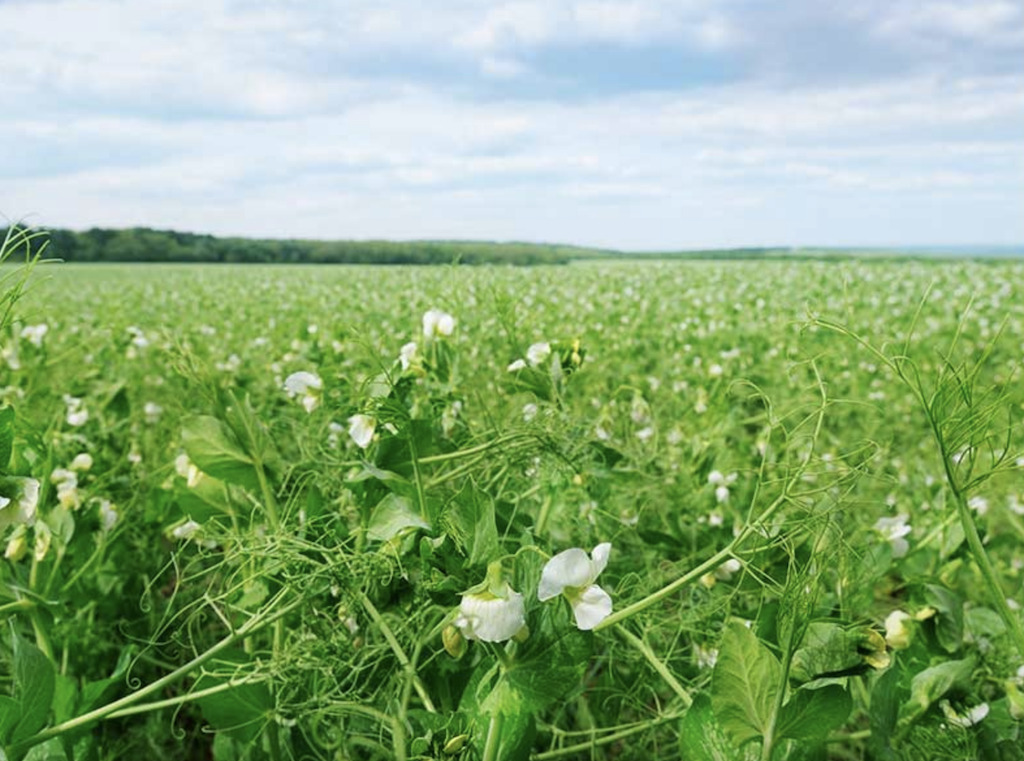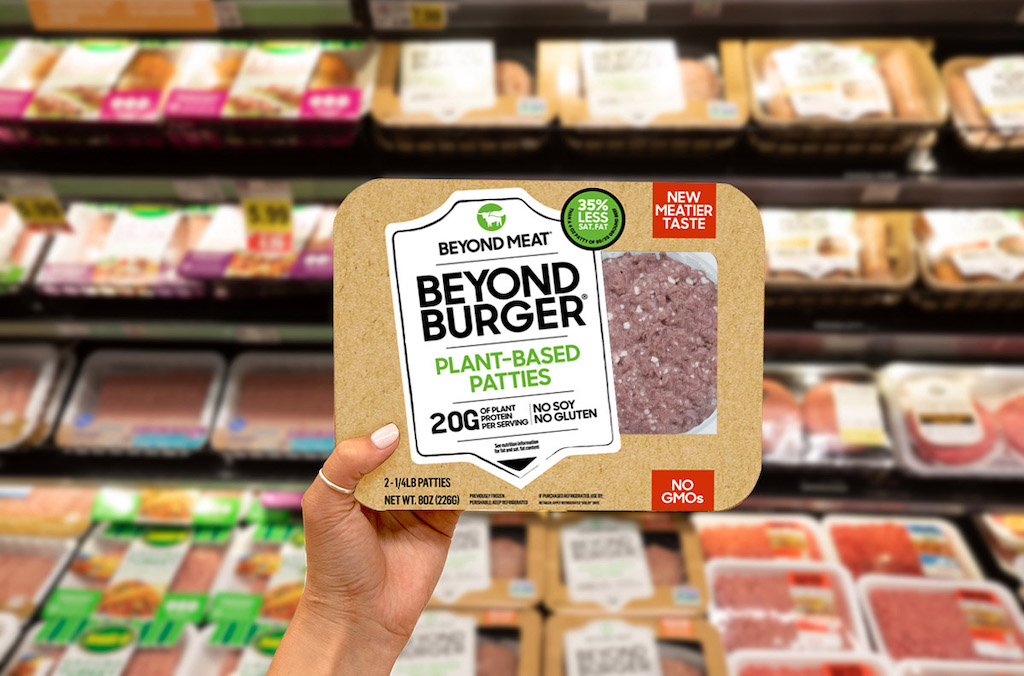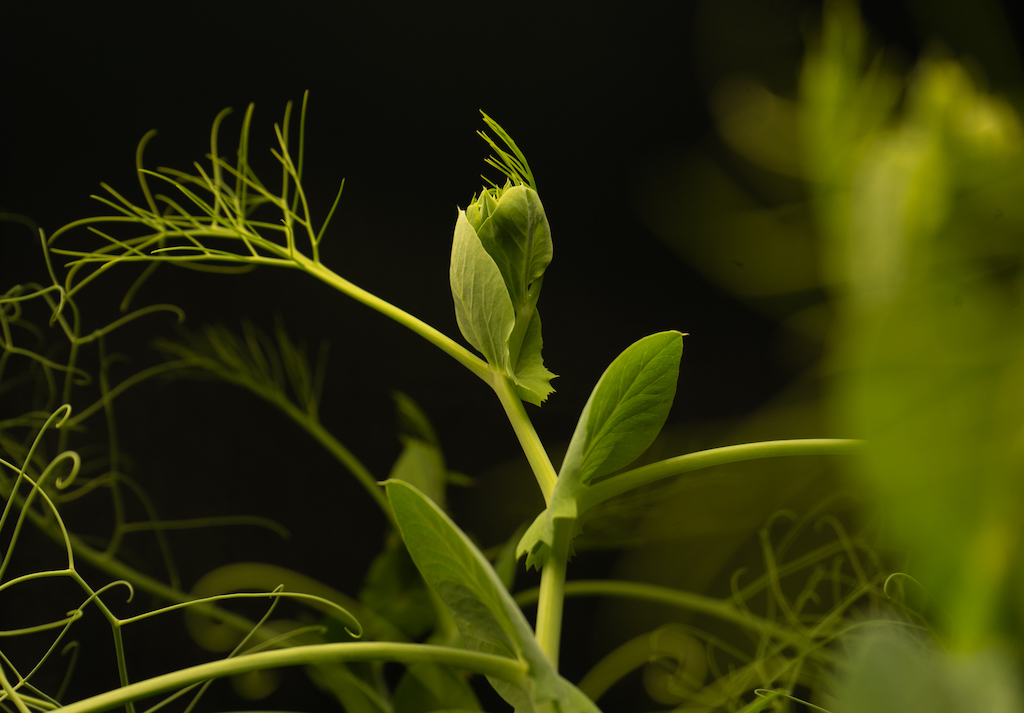4 Mins Read
Costs of meat in the US have soared over the past months, with big meat giants consistently raising their prices, citing Covid-related labour and transportation difficulties. But it isn’t just meat prices that are on the up. Now, there appears to be an unprecedented situation for the pea protein market too, driven by surging consumer demand for vegan meat substitutes.
Meat prices have been steadily rising over the past few months, with beef and pork in the US up by more than 10% since December 2020, while poultry costs have grown over 6%. But a similar price hike could be on the rise for pea protein as well, due to the surge in demand for plant-based meat alternatives against short raw material supply.
Canada, the world’s biggest pea protein producer, has struggled to keep up with rising demand in the midst of a drought, with production numbers falling by 45%. As a result, pea protein prices have increased 120% year-on-year, according to some reports.

Will plant-based meat be more expensive?
Meanwhile, the demand for vegan meat substitutes has grown significantly over the past months. Plant-based eating has been steadily rising in popularity, but the pandemic accelerated the trend, with mainstream consumers turning to flexitarianism in large swathes.
Recent research suggests as many as 42% of consumers globally are now practicing a “part-time vegan” diet. Another poll in the US indicated that many first-time buyers of plant-based meat substitutes during Covid-19 plan on continuing with their purchases in the long-term.
And with US meat companies, primarily controlled by four giants—JBS, Tyson, Cargill and the National Beef Packing Company—continually raising their prices despite recording large profits for months, even more consumers could be prompted to choose meat substitutes, further piling on demand for vegan meat.

Speaking about the possible price hike being transferred to consumers when they make their plant-based meat purchases, Ingredion North America business director Yadu Dar said it is now “working with our [pea protein] customers closely to navigate the impact of the unexpected cost to their business plans.”
Ingredion has been ramping up its pea protein production in its Nebraska facility over the past year, part of the global ingredient giant’s move to “capitalise” on the plant-based trend.
Looking to climate-resilient peas
One pea protein supplier, Puris, says that its seed-breeding approach gives the company an edge as it looks to build up a resilient supply chain for its clients—the most famous of which is vegan burger giant Beyond Meat.
Tyler Lorenzen, CEO of Puris, commented that it has been a “tough year” for its growers in the US, citing Covid-19, the historic drought and “other unprecedented climate issues.” The company is now doubling down on innovation efforts to become “part of the solution”.

In a previous interview with Green Queen Media, Lorenzen described Puris as a genetics company dedicated to developing better seeds that can withstand tough climate conditions, which will no doubt become more intense and frequent amid the climate crisis, as well as help to build a more sustainable food system.
“We are a seed breeding company at heart. We use natural breeding methods to create better seeds for the environment, seeds for manufacturing plant-based foods, seeds that are bred for the purpose of human food, not for animals to eat them,” said the CEO.
“When Puris began looking at peas, we thought there was a great opportunity to make the pea protein that existed on the marketplace taste much better. We were a new startup protein processor that has some killer technologies that we thought we could apply to our peas, and create some more value for farmers’ crops.”
Lead image courtesy of Beyond Meat.




